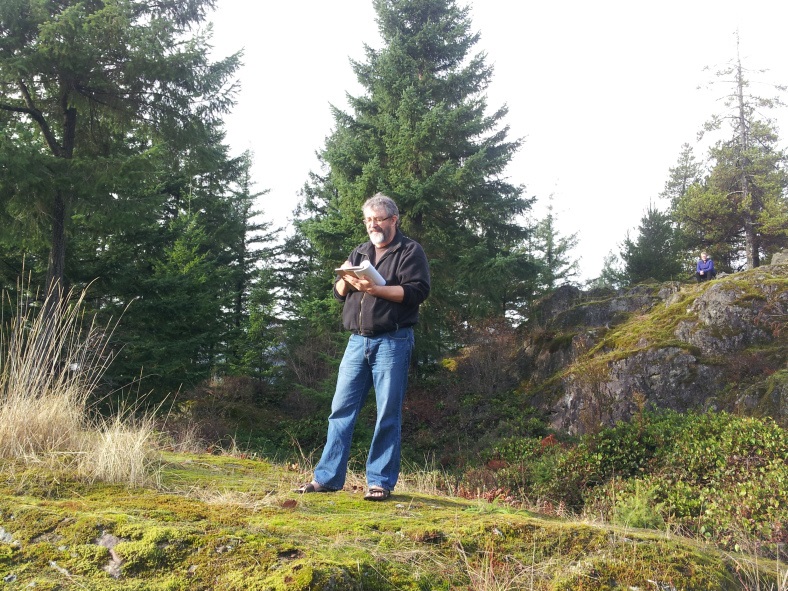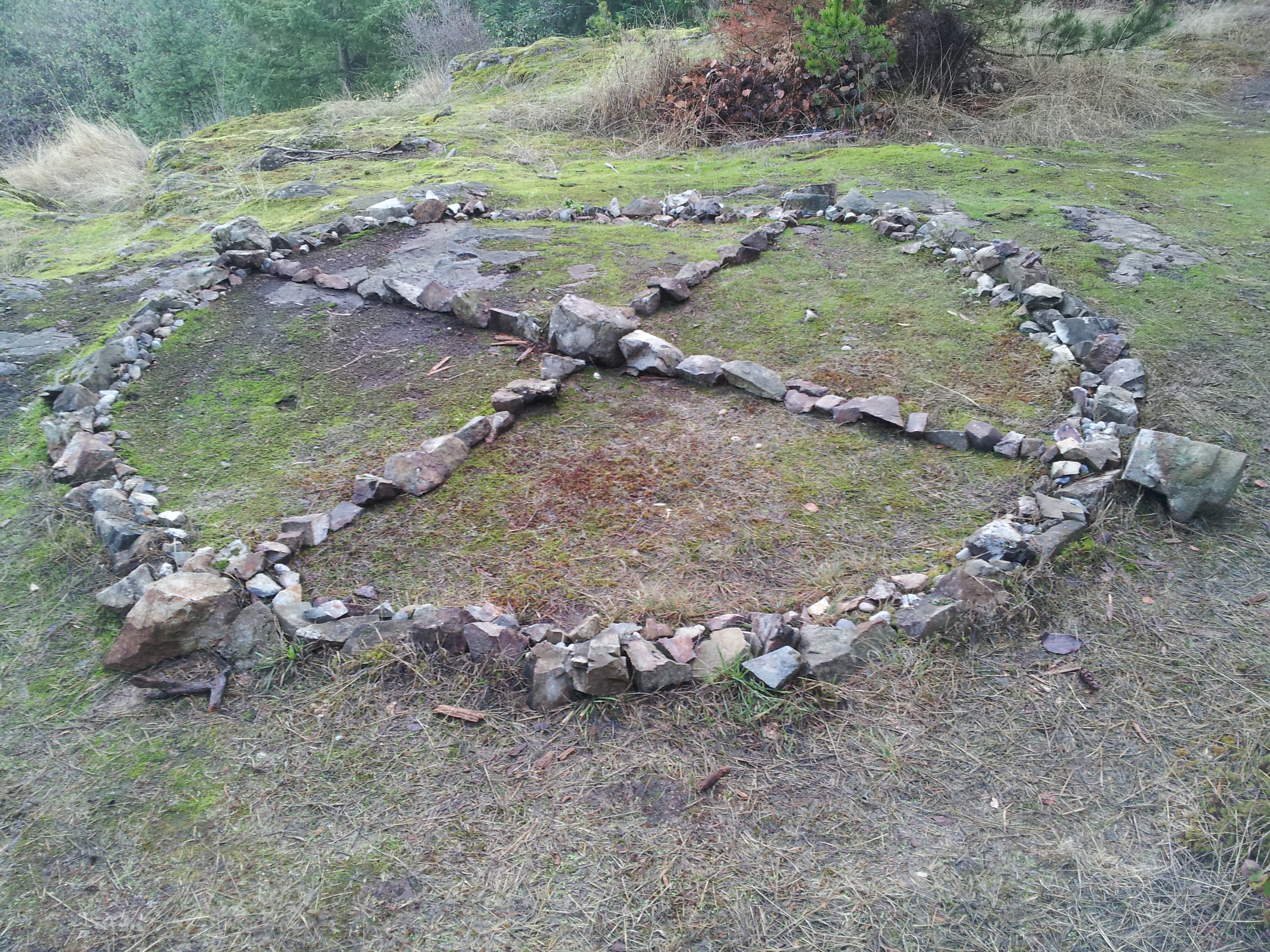
But then the sun came out where I live this week, and I was alive again. Dunno if you’ve noticed this, but it’s been the longest year since records began, and the timing of lockdown restrictions easing this week coinciding with warm weather in parts of England – which the press was more than happy […]
What is that weird, tingling feeling? Could it possibly be … hope? — Live & Learn
I don’t recall when I began following David‘s blog, but it has been a number of years. He shares wonderful daily posts and this one is no exception. He shares a part of a newspaper article with us about how we might be feeling as the light seems to become increasingly larger at the end of COVID tunnel. Of course, it could be a train hurtling down on us, so we must not let our guards down.
Hope is a recurring theme in my writing, publishing, and the publishing I hope to do as I move forward. It is grounded in reality . COVID-19 sharpened my awareness of challenges others face and made me realize there are taken-for-granted challenges. For example, how we treat our elderly, BIPOC humans, sexual and gender minorities, etc. are real challenges. How do we help lift up others in times of need? How do we help infuse hope in the lives of others?
Hope is essential to our dreams. Despite this, what we each dream for is not guaranteed. There is a realistic side to hope that suggests to get to the other side or the end of the tunnel we each need to be resilient. Like passion, which includes suffering for what and who we love, hope has an element of potential failure and suffering. Passion moves to compassion when we share the suffering of others and accept their lives and experiences are different than those we experienced. Hope has a similar collective feel to it. We find hope in community, what we have in common with one another, which is our humanity, how we communicate the common and disparate features of our lives, and how we live in communion with each other.
Hope and its relationship with resilience remind me of the Zen proverb: Fall down seven times, get up eight. How do I compose myself as I get up each time? Is it with grace, compassion, and kindness or do I lash out at others? I find Emily Dickinson and Langston Hughes‘ poems meaningful in days like these, so I share them again.
“Hope” is the thing with feathers
“Hope” is the thing with feathers –
That perches in the soul –
And sings the tune without the words –
And never stops – at all –
And sweetest – in the Gale – is heard –
And sore must be the storm –
That could abash the little Bird
That kept so many warm –
I’ve heard it in the chillest land –
And on the strangest Sea –
Yet – never – in Extremity,
It asked a crumb – of me.
Mother to Son
Well, son, I’ll tell you:
Life for me ain’t been no crystal stair.
It’s had tacks in it,
And splinters,
And boards torn up,
And places with no carpet on the floor—
Bare.
But all the time
I’se been a-climbin’ on,
And reachin’ landin’s,
And turnin’ corners,
And sometimes goin’ in the dark
Where there ain’t been no light.
So boy, don’t you turn back.
Don’t you set down on the steps
’Cause you finds it’s kinder hard.
Don’t you fall now—
For I’se still goin’, honey,
I’se still climbin’,
And life for me ain’t been no crystal stair.
Have a wonderful weekend.






